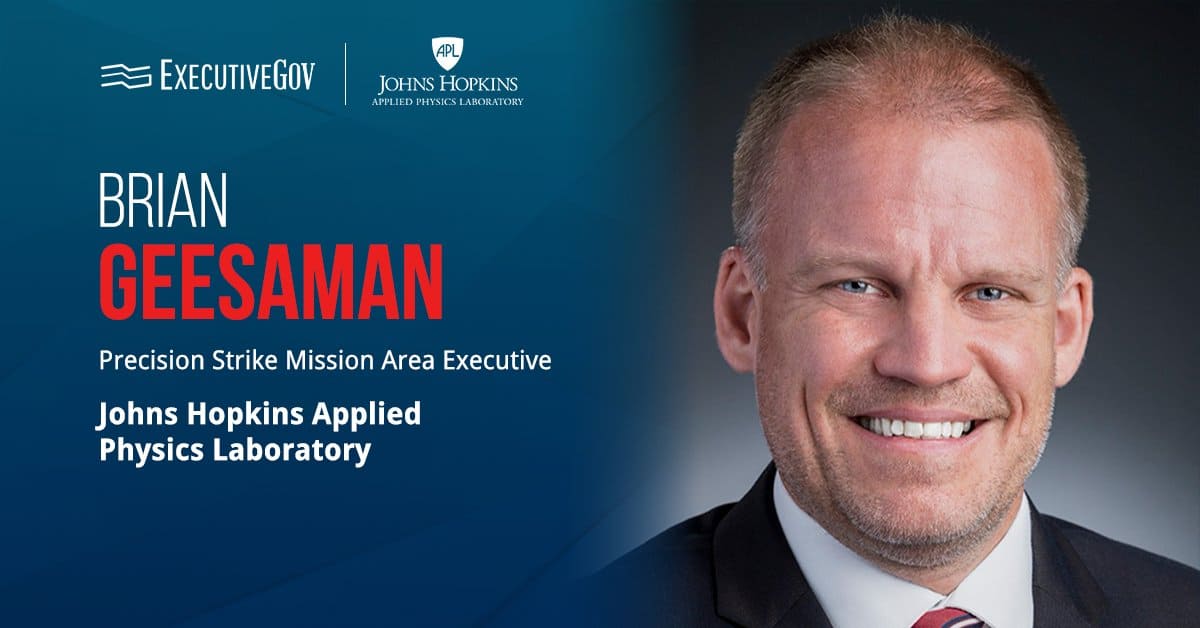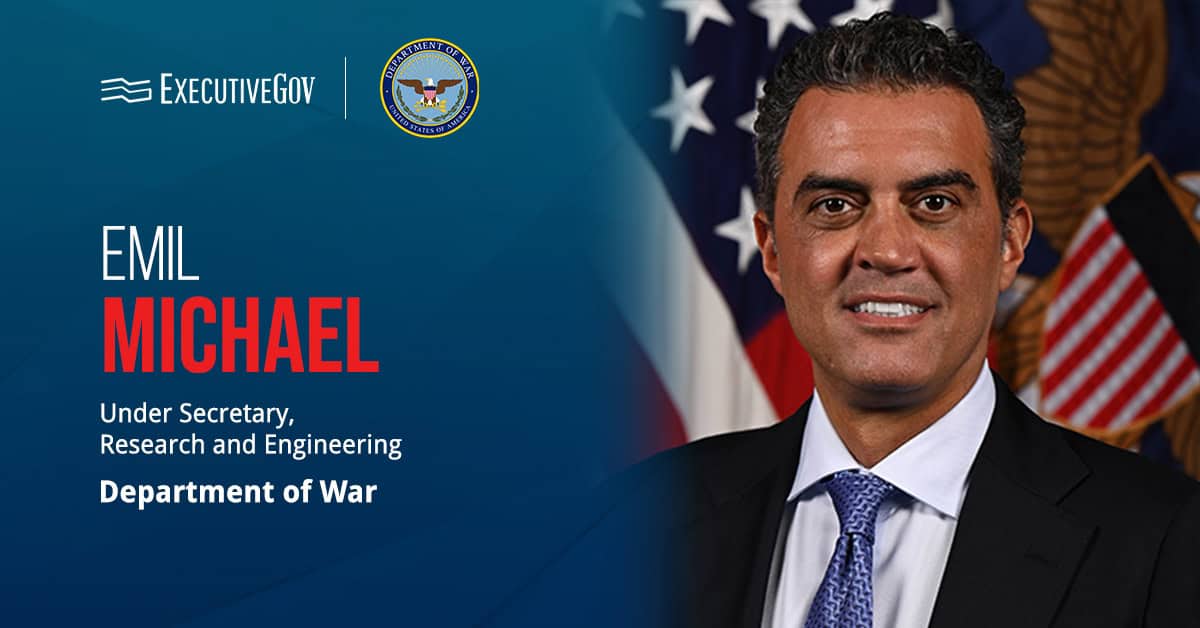
The Veterans Health Administration, an agency within the Department of Veterans Affairs, is implementing the use of 3D printing in medical activities, Nextgov reported Wednesday.
Doctors at Puget Sound Medical Center leverage additive manufacturing to simulate surgeries. Meanwhile, doctors from other hospitals use the technology to produce customized braces. VHA began exploring 3D printing applications three years ago, with the goal to use the technology for veteran treatment.Â
Beth Ripley, who leads VHA’s 3D printing advisory committee, said the agency is progressing to explore future applications of the technology. VHA seeks to 3D print prosthetics and artificial organs in the future, the report noted.





